Estimated reading time: 7 minutes
Are you wasting valuable space in the fridge on foods that don’t need to be refrigerated? Without even peeking in your fridge, I can guess that you are. Some people are so paranoid about foods going bad that they refrigerate just about everything.
Here’s a list of foods you don’t actually have to refrigerate, and a little info on their shelf life outside the fridge.
Want to save this post for later? Click Here to Pin It on Pinterest!
1. Acidic Condiments: Mustard, Hot Sauce, Ketchup
The acidity of these condiments inhibits the growth of organisms that could make them spoil. They are fine in the fridge if you prefer, but they don’t need it.
Note: Salsa and hot sauce are not the same, this refers only to highly acidic, concentrated chili pastes and sauces.
2. Apples & Pears
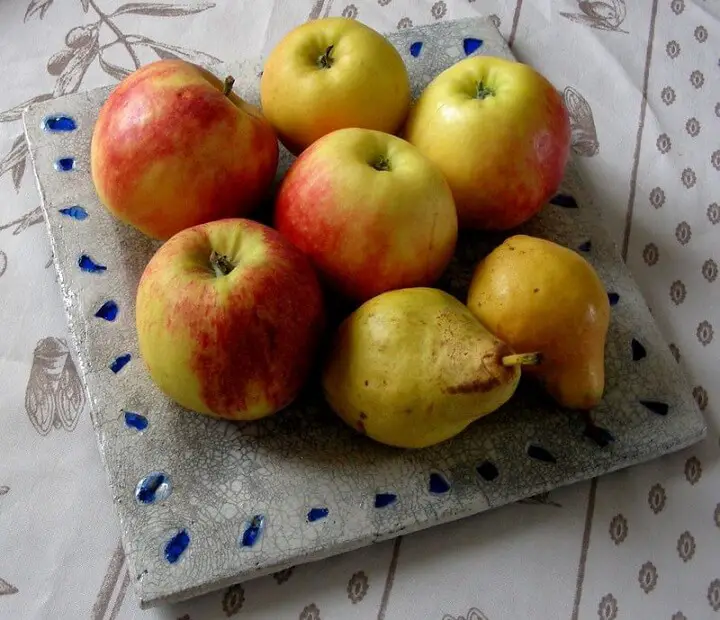
Apples and pears store perfectly for a couple of weeks in a fruit basket on the counter, plus they look beautiful. If you want to store apples over winter, wrap them in newspaper and box them up before putting in a cellar or basement they can keep for months like this.
Any fruit that is bruised or punctured can rot and cause the surrounding fruits to follow suit, so pay attention when you lay them out.
3. Avocados
These delicate fruits need to be at room temp to ripen. And then once they do, they need to be used immediately.
4. Bananas
You only make the mistake of storing bananas in the fridge once. They won’t ripen and their skins turn brown. Yuck. The only time you should put these in the fridge is to freeze them for banana bread when they get overripe–just peel them first.
5. Basil
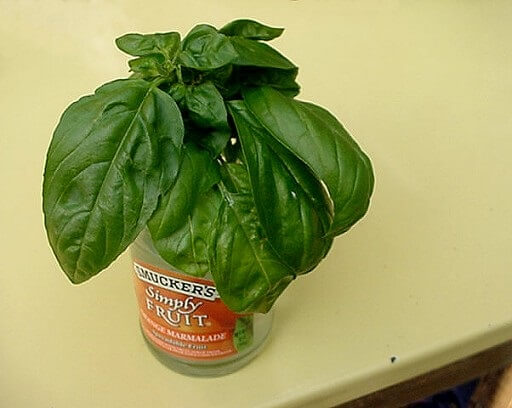
Basil browns quickly in the fridge. Cut the ends with a sharp knife and place in water, like cut flowers. Basil can last more than a week this way.
6. Bread
If you don’t have a breadbox, you can always keep bread in a pantry. In the fridge, it can go stale quickly. If you must store bread, freeze it to maintain freshness.
7. Butter
For nice, spreadable butter, stop storing it in the fridge! Salted butter keeps better than unsalted, but butter–provided the room temperature is under 75º F and out of direct sunlight– can keep for more than a week in a butter crock.
But let’s be honest, who can keep a stick of butter for more than a week?
8. Citrus Fruits
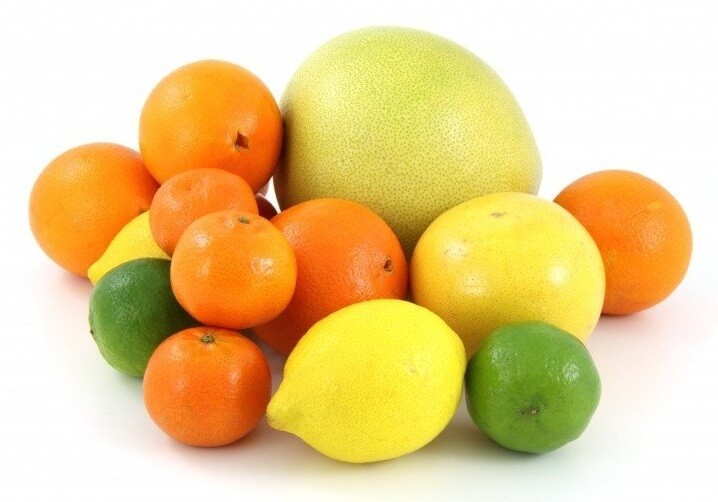
Cheerful and fragrant, it’s ok to leave citrus fruits in a bowl on the counter where they can be stored for a couple of weeks. They can be stored even longer in a cool, dry place with good ventilation.
One note: Always make sure the skins are intact and check them periodically for any signs of mold. One moldy fruit can take them all down fast.
9. Eggs
Eggs from your own chickens or from a farmer’s market can be stored on a countertop for a couple of weeks. Hens lay eggs with a protective “bloom” coating the surface.
Once eggs are washed, they are no longer protected. Store-bought eggs are not safe to store unrefrigerated.
10. Eggplants
These veggies do just fine at room temperature for 3-5 days. Just keep them in a shady area and if you need them to keep longer, toss them in the crisper.
11. Honey
Naturally antibacterial, honey can be kept in the pantry, no worries. If refrigerated, it is more likely to crystallize and will need to be gently warmed in a pot of hot water to melt back down.
12. Jams and Jellies
As long as the sugar content is high, jams and jellies are fine at room temperature for days on end. However, they do last longer in the refrigerator.
13. Melons
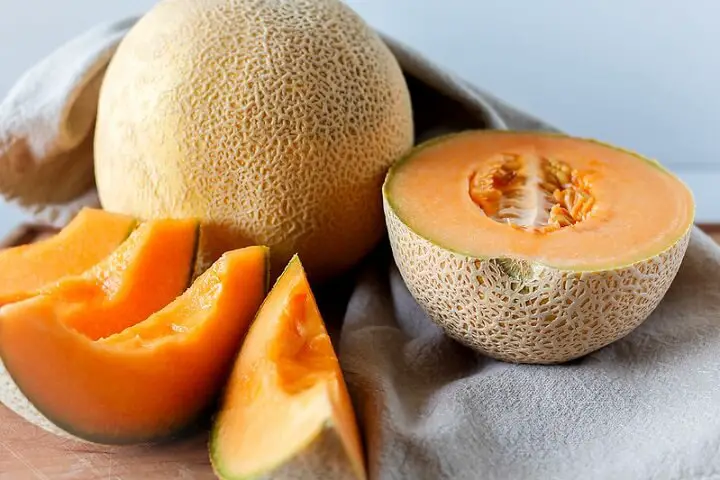
Cantaloupes, honeydews, and watermelon are all safe to keep on the counter for a short time (it varies depending on how ripe they are). Their nutritional content is better when stored at room temperature before being cut open.
14. Maple Syrup/Molasses
Along with agave, sorghum, and corn syrup, these sugary syrups are perfectly safe to store in the pantry because the concentration of sugar is so high that it impedes bacterial growth.
15. Nut Butters
Nut butters solidify in the fridge, making them more difficult to spread. However, homemade or natural nut butters are more likely to separate or go rancid if stored unrefrigerated for more than a few months.
For the record, I once stored a jar of sesame butter (tahini) for two years without it going rancid.
16. Onions, Shallots, Garlic
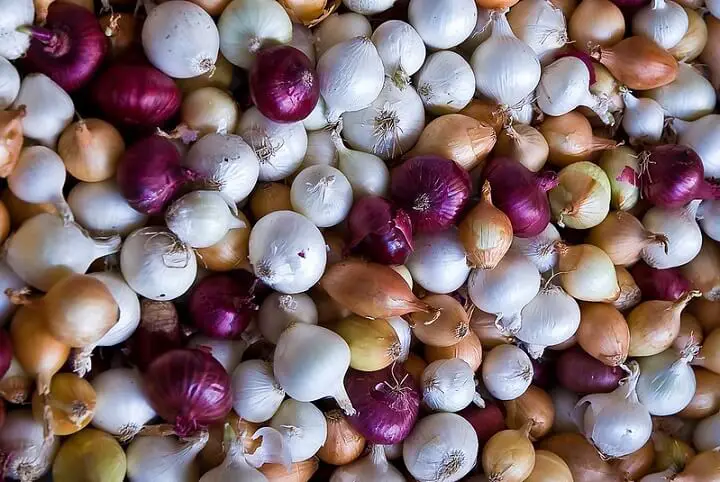
Refrigerating garlic, onions, and shallots is likely to make them rubbery and more prone to sprouting. Keep them in a cool, dark, dry place, and they will keep beautifully.
17. Oil
This is a tricky one. Most oils keep just fine if stored away from sunlight in a cool place. Refrigeration is only recommended for very delicate oils being stored for long periods (months) to prevent them from going rancid.
However, herbs or vegetables preserved in oil must be refrigerated to avoid botulism.
18. Potatoes
Storing potatoes in the refrigerator can ruin their texture and flavor. They do need to be stored in a dark place to prevent sprouting or turning green, and they need a bit of moisture to prevent them from going soft and wrinkly.
The solution? Store in a plastic bag in a dark, cool spot.
19. Salty Sauces
Soy sauce and fish sauce do not need to be refrigerated, as their high salt concentration protects them from spoiling. They can be stored for years on a shelf.
20. Sweet Potatoes
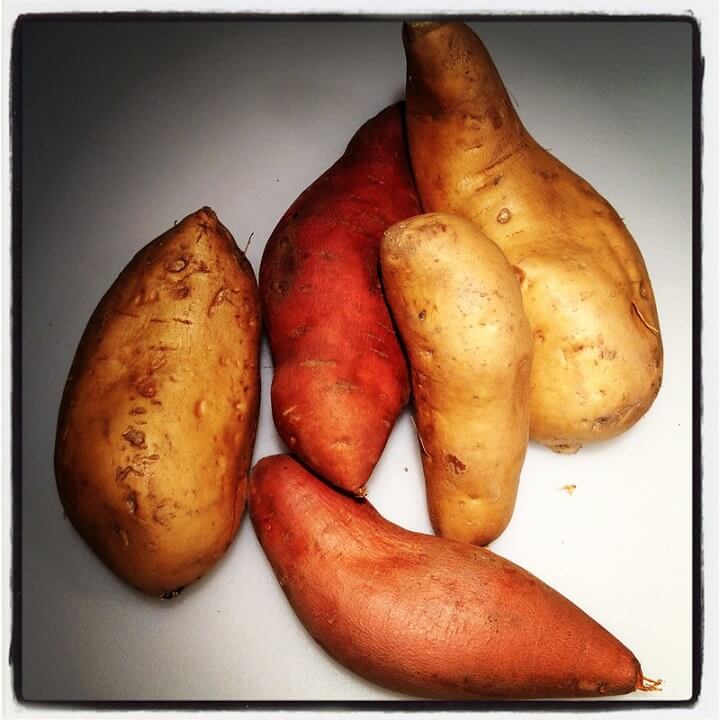
Sweet potatoes and yams are actually more likely to rot inside the refrigerator than outside it! They fare far better inside a bag or bin, stored in a cool, shady spot. They can keep for weeks this way.
21. Tomatoes
Tomatoes become mealy and flavorless when stored in the fridge, even if they do last longer. Stored on top of a shaded countertop with good ventilation, they will keep for up to a week (or longer if they are harvested early and allowed to ripen off the vine).
22. Winter Squash & Pumpkins
These autumn harvests can last months stored in a cool, dry, well-ventilated place. Leave some out on the counter to give your kitchen an autumnal flourish, and don’t worry about them spoiling–they won’t.
As you can see, plenty of foods can survive happily without refrigeration. Hopefully, this gives you a better idea of what needs to be in the icebox and what can live happily outside the fridge.
Like this post? Don't Forget to Pin It on Pinterest!



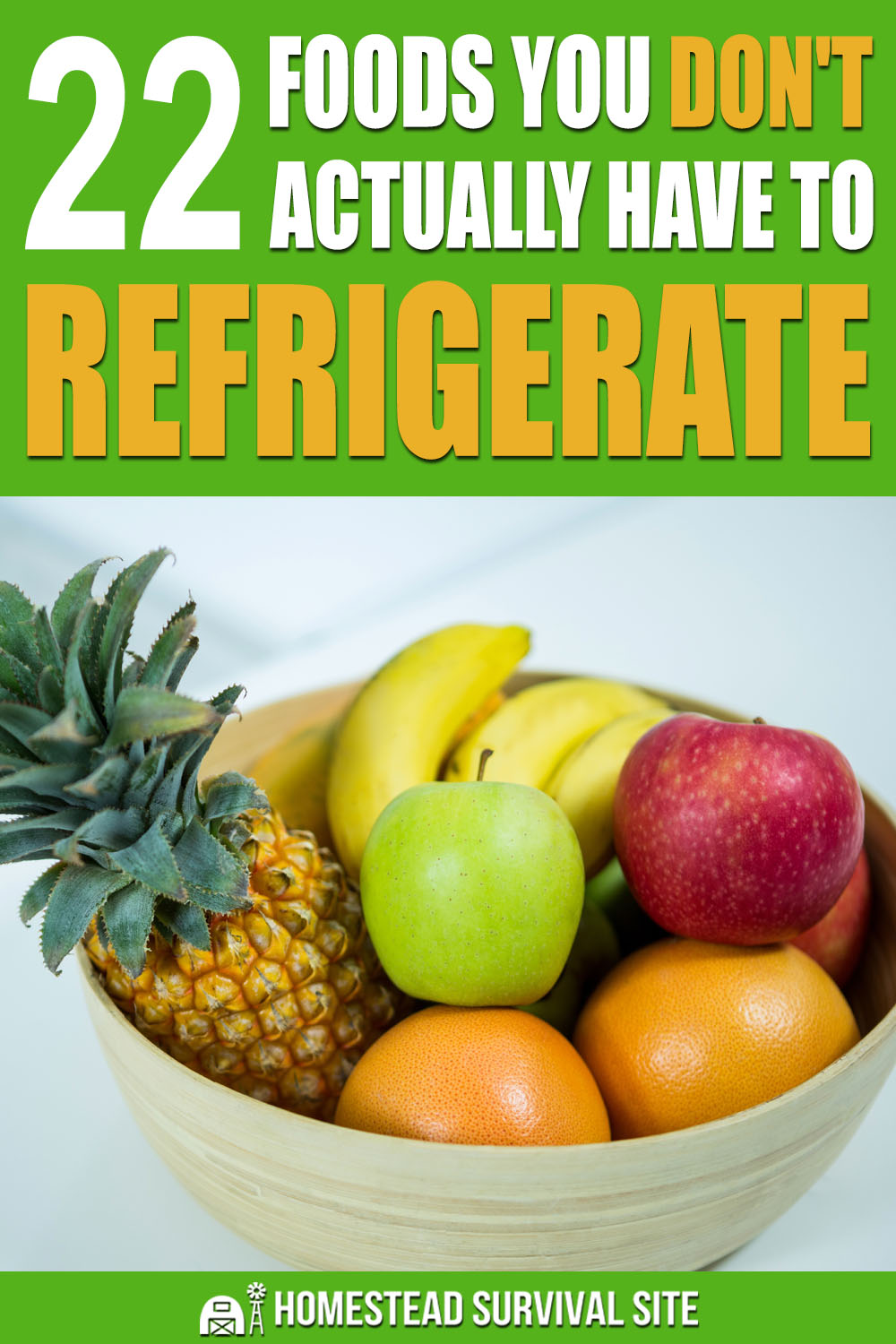









Hi,
Thanks for list of items not to keep in the fridge so we can get more space in the fridge. I enjoy the information and enjoy your winter to relax.